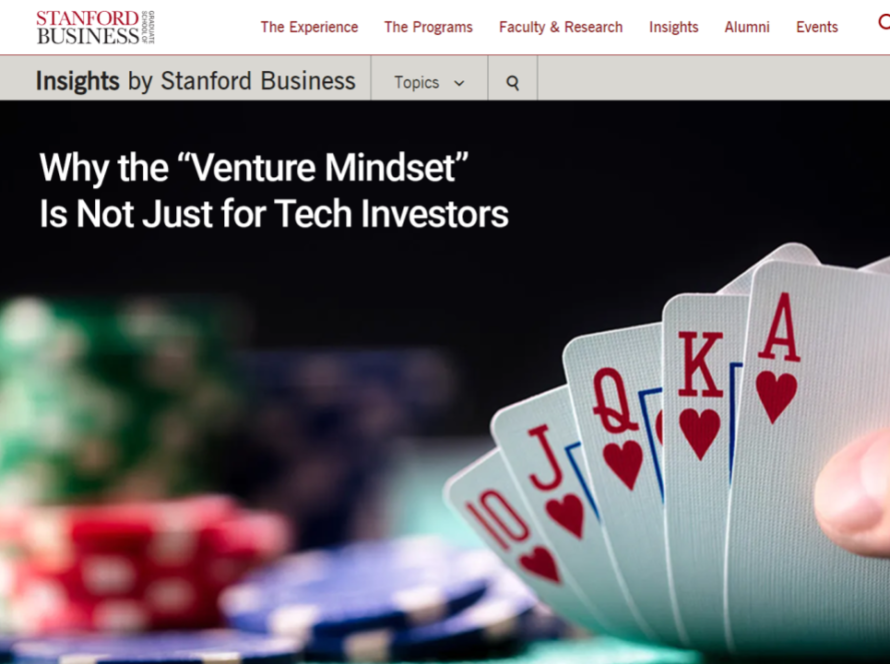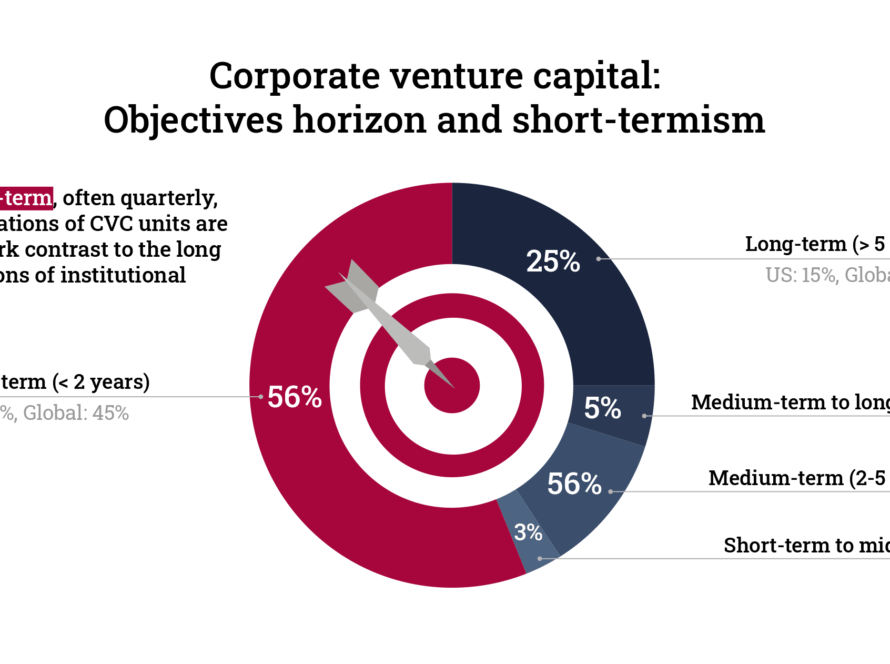🚫 No. You can’t take an Uber to a restaurant that sells the best Beyond Burger in town, and even if you got there, you cannot post a picture of that meal on Instagram.”
Why not? How would such a sentence make any sense? Well, it made perfect sense in 2009, when none of those things existed.
Can you believe that? It’s crazy to think how many products that we currently use every day weren’t even around just 15 years ago.
How did our lives change so dramatically in such a short time? Thanks to venture capitalists, the decision makers who had the ability to recognize the long-term advantages of thinking big.
The Fitbit on your wrist, the Tesla in your garage (or pinned to your vision board), and even the globally ubiquitous messaging service WhatsApp were all born around 2009. Yet they’ve become so woven into the fabric of our lives that we already take them for granted. Venmo has even become a verb—“just Venmo me the money.” There’s Airbnb, making travel and finding places to stay easier, more personal, and (frequently) less expensive. Nest Labs finally brought true “smart home” tech into our lives. And Zoom has completely changed how many of us work and collaborate.
Venture capitalists (VCs) made all these innovations possible by funding the companies that created them. Supporting these ideas before anyone knew if they would succeed required long-term vision and nimble thinking, characteristic of what my coauthor @Alex Dang and I call the “Venture Mindset.” Startup founders and innovators bring transformational, world-changing concepts to life, but in most cases, they become reality only after VCs find and fund them.
What lies ahead in the next 15 years? Will it be the age of AI or robotics? We don’t have a crystal ball, but we know that VCs won’t be the only drivers of disruptive innovation. Major players in big tech, financial services, and even non-profit organizations are poised to spot the next big thing. But they—and you—need the Venture Mindset to do so.
It will take a person with vision to support the next thing we can’t live without. How are you creating space for innovation in your life so that you can be part of shaping the future?


